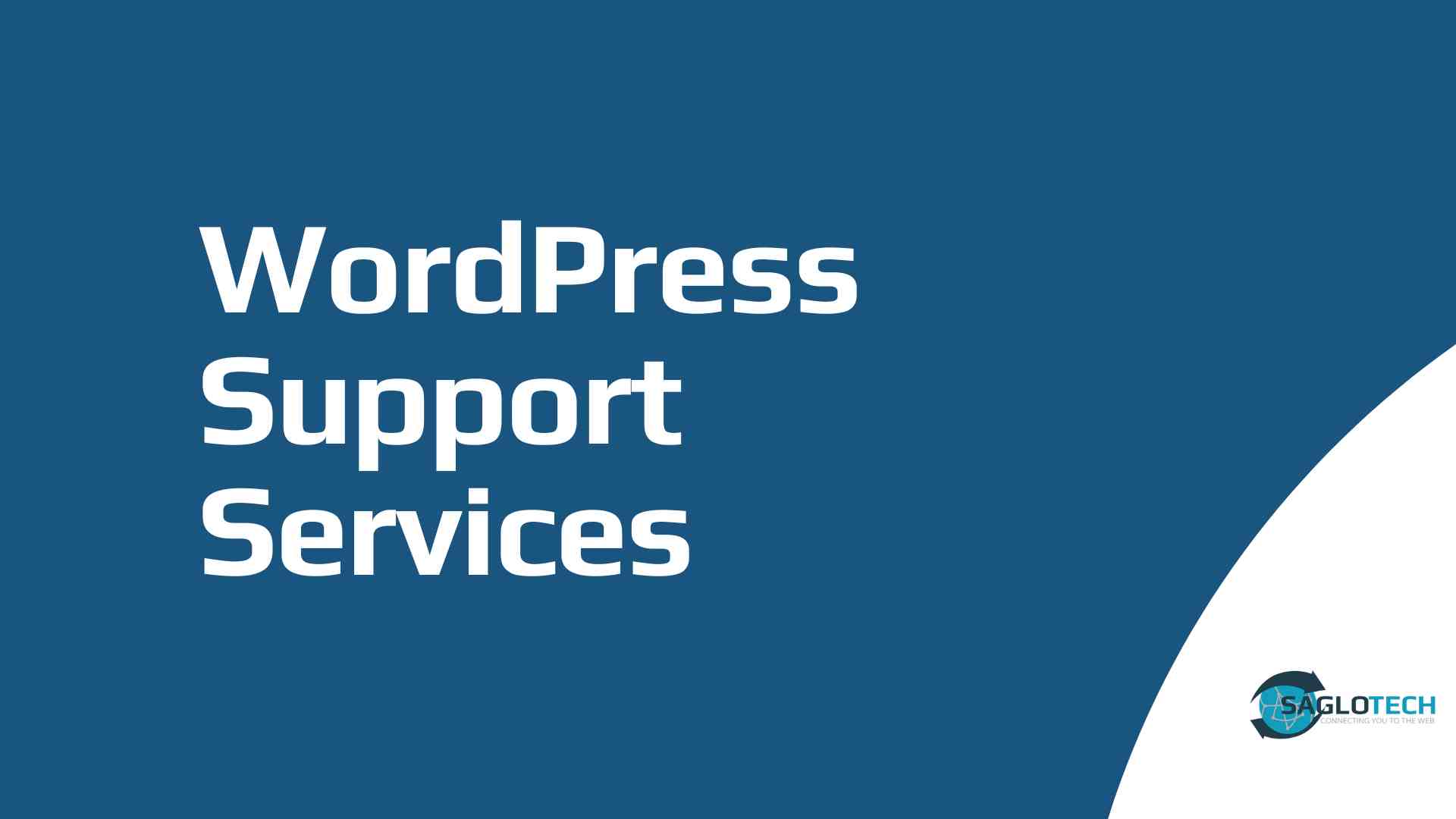If you’re running a WordPress website, you know it’s like having a digital storefront — you want it to look good, run smoothly, and stay secure. But let’s face it, managing all the technical stuff can get overwhelming. That’s where WordPress support services come in! They’re like your website’s personal tech team, ready to help you troubleshoot issues, optimize performance, and keep everything up-to-date. Whether you’re a beginner or a seasoned pro, knowing your support options can save you time, stress, and even money. So, let’s dive into what kind of support is out there and how it can make your
Types of WordPress Support Available

When it comes to supporting your WordPress site, there’s a variety of options tailored to different needs and budgets. Let’s break down the main types:
- Basic Support – Perfect for newcomers or simple website owners. This includes help with installing themes, plugins, basic troubleshooting, and answering questions about using WordPress.
- Technical Support – More in-depth assistance like fixing bugs, resolving plugin conflicts, and troubleshooting server issues. If your site isn’t behaving as it should, this support level can get things back on track.
- Security Support – Focused on protecting your site from hacks, malware, and vulnerabilities. Services include security audits, malware removal, and implementing firewalls or SSL certificates.
- Performance Optimization – Ensures your website loads fast and runs smoothly. Support here involves caching, image optimization, database cleanup, and CDN setup.
- Maintenance Services – Ongoing care like regular backups, updates, and monitoring to keep your site safe and functioning well over time.
Some providers bundle these services into support packages, while others offer customizable plans. Additionally, you can choose between:
| Support Type | Ideal For | Examples of Services |
|---|---|---|
| Managed Support | Businesses or busy website owners who want hands-off management | Updates, backups, security, performance tuning, uptime monitoring |
| On-Demand Support | Owners needing help only when issues arise | One-time troubleshooting, emergency fixes, advice |
| 24/7 Support | Sites that require constant uptime, like eCommerce stores | Round-the-clock monitoring, emergency response, rapid issue resolution |
Choosing the right support depends on your website’s complexity, your technical skills, and how much time you want to dedicate to maintenance. The good news? Whether you need a little help now and then or full-time management, there’s a support option out there for you to keep your WordPress site running smoothly and securely.
3. Benefits of Choosing Professional WordPress Support

When it comes to managing your WordPress website, having the right support can make all the difference. While DIY solutions or relying on basic hosting support might seem tempting initially, investing in professional WordPress support offers numerous advantages that can save you time, stress, and even money in the long run.
First and foremost, professional support ensures your website remains secure. WordPress is a popular platform, which unfortunately also makes it a target for hackers. Skilled support teams stay updated on the latest security threats and implement robust measures like regular updates, security patches, and malware scans to keep your site safe.
Another key benefit is website performance. Slow-loading websites frustrate visitors and hurt your SEO rankings. Support providers optimize your site’s speed through techniques such as caching, image compression, and code enhancements, ensuring your visitors enjoy a smooth experience.
Of course, technical issues can happen anytime—whether it’s a plugin conflict, server error, or a failed update. Professional support offers 24/7 assistance, so you’re not left stranded. They can troubleshoot problems quickly, minimizing downtime and preventing loss of revenue or reputation damage.
Plus, with expert support, you get strategic advice tailored to your business goals. Whether you’re looking to improve conversions, expand functionalities, or migrate to a new host, experienced providers guide you through the process seamlessly.
Lastly, outsourcing your support frees up your valuable time. Instead of spending hours figuring out complex tech issues, you can focus on creating content, marketing, or growing your business. Having a dedicated team handle maintenance and troubleshooting means peace of mind and more bandwidth for what truly matters.
4. How to Select the Right WordPress Support Provider
Choosing the right WordPress support provider isn’t a decision to take lightly. With so many options out there, it’s essential to find one that aligns with your needs, budget, and expectations. Here are some key factors to consider:
- Experience and Expertise: Look for providers with a proven track record of supporting WordPress sites. Check their portfolio or reviews to gauge their proficiency with different themes, plugins, and hosting environments.
- Services Offered: Ensure they provide the specific services you need—be it security, backups, performance optimization, plugin management, or technical troubleshooting. Some companies offer comprehensive packages, while others specialize in certain areas.
- Responsiveness and Support Hours: Find out how quickly they respond to inquiries and whether they offer 24/7 support. Fast response times are crucial when issues arise unexpectedly.
- Pricing Structure: Clarify their pricing upfront. Some providers charge monthly subscriptions, while others bill per support ticket or service. Make sure there are no hidden fees and that the costs fit within your budget.
- Reputation and Reviews: Check independent reviews on platforms like Trustpilot, G2, or Google. Feedback from other clients can give you insight into their reliability and quality of service.
- Communication and Transparency: Good support providers keep you informed about what they’re doing, why it’s necessary, and any potential impacts. Clear communication builds trust and prevents surprises.
Lastly, don’t hesitate to ask questions or request a demo. A reputable provider will be transparent about their processes and eager to demonstrate how they can support your website’s growth and security. Remember, your website is a critical part of your business — choosing the right support provider is an investment in its success.
Conclusion and Next Steps for Your WordPress Website
In conclusion, maintaining and optimizing your WordPress website is essential to ensure it remains secure, fast, and user-friendly. Regular updates, backups, and security checks are critical components of effective website management. Whether you’re a beginner or an experienced user, leveraging the right support options can significantly enhance your site’s performance and longevity.
To take the next steps, consider evaluating your current website needs and identifying areas that require improvement. You might explore:
- Professional Support Services: Hiring experts for troubleshooting, customization, or security enhancements.
- Managed Hosting Providers: Choosing hosting solutions that include support and maintenance as part of their package.
- Plugins and Tools: Installing reliable plugins for SEO, performance optimization, and security.
- Training and Resources: Investing in tutorials or courses to better understand WordPress management.
Creating a strategic plan that incorporates these support options will help ensure your website operates smoothly and adapts to evolving needs. Remember, proactive support not only prevents issues but also empowers you to make informed decisions for your site’s growth.
By taking these next steps, you’ll be well on your way to maintaining a robust and successful WordPress website that effectively serves your goals and audience.


